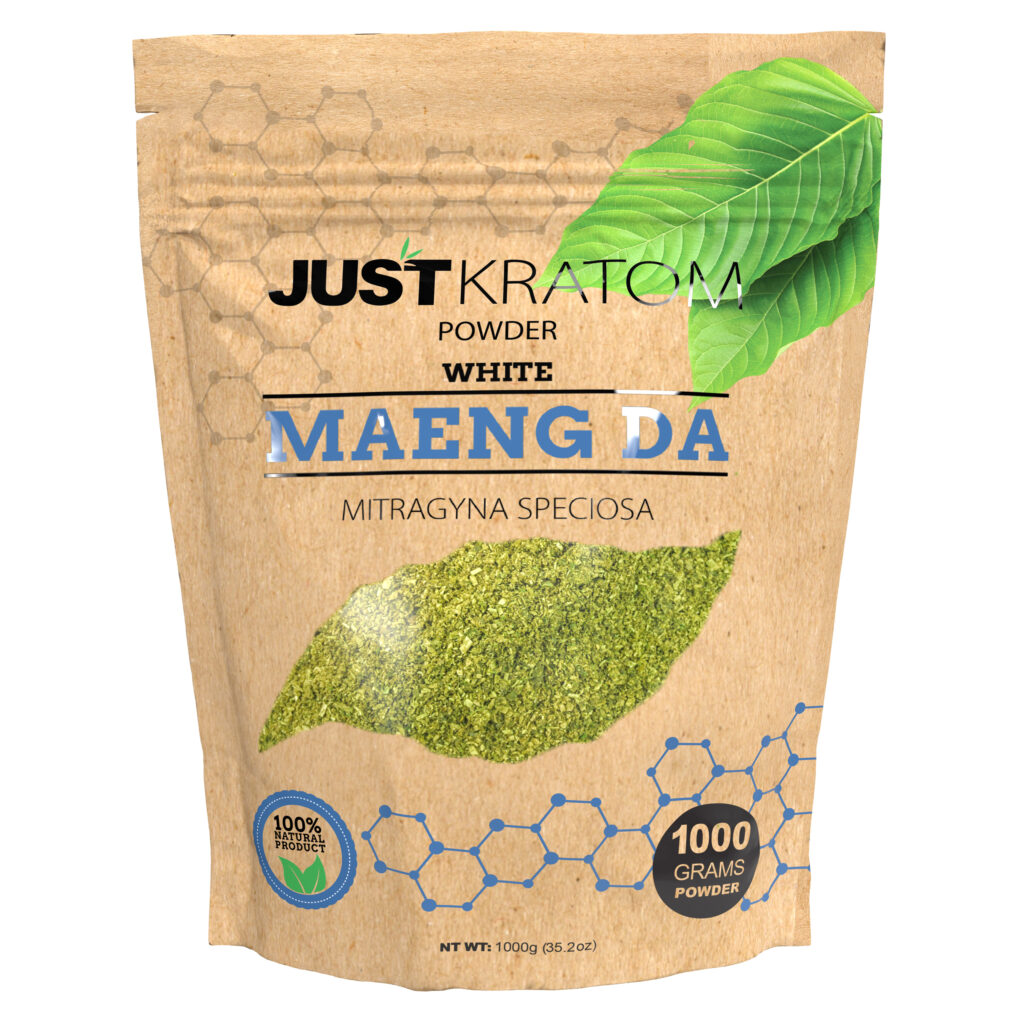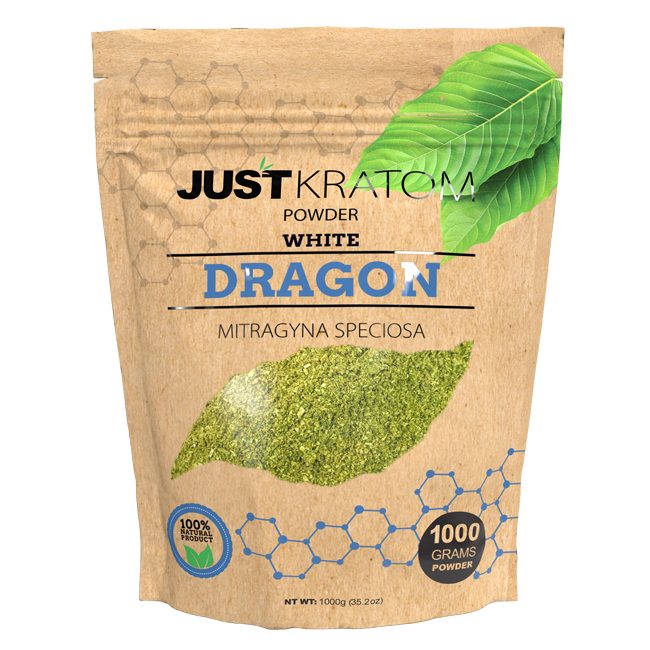Myth: Kratom is a Dangerous Street Drug
Kratom, an herbal supplement derived from the Mitragyna speciosa tree, has gained considerable attention in recent years. Despite its growing popularity, myths and misconceptions surround kratom, often portraying it as a dangerous street drug. This article aims to debunk these prevalent myths and shed light on the truth about kratom powder.
Fact: Kratom’s Safety and Legal Status
One persistent myth is that kratom is a dangerous street drug akin to heroin or opioids. However, this is far from the truth. Kratom contains alkaloids, including mitragynine and 7-hydroxymitragynine, which interact with opioid receptors in the brain, but its effects differ significantly from traditional opioids. Kratom’s psychoactive effects are generally milder and less addictive than those of heroin or other potent opioids.
Kratom vs. Other Opioids

One persistent myth is that kratom is a dangerous street drug akin to heroin or opioids. However, this is far from the truth. Kratom contains alkaloids, including mitragynine and 7-hydroxymitragynine, which interact with opioid receptors in the brain, but its effects differ significantly from traditional opioids.
Kratom’s psychoactive effects are generally milder and less addictive than those of heroin or other potent opioids.
- Ktrasom has been traditionally used as a pain reliever, stimulant, and mood enhancer in Southeast Asia for centuries.
- Kratom can produce both stimulating and sedative effects depending on the dosage consumed.
- Research on kratom is ongoing, but it shows potential therapeutic applications for managing pain, anxiety, and opioid withdrawal.
Myth: Kratom Causes Addiction Quickly
A common misconception about kratom is that it causes addiction quickly. This myth likely stems from its interaction with opioid receptors in the brain. However, the reality is far more nuanced. While kratom can lead to dependence with prolonged use, it generally exhibits lower addictive potential compared to traditional opioids like heroin or prescription painkillers.
Factors Influencing Addiction Potential
The development of addiction is a complex process influenced by multiple factors, and kratom is no exception. While kratom does interact with opioid receptors in the brain, its alkaloids exert different effects than those of traditional opioids. Genetic predispositions, individual metabolism, frequency and amount of use, and personal history with substance use all play a role in determining an individual’s risk for addiction.
People who have a family history of addiction or mental health conditions may be more susceptible to developing dependence on kratom. Similarly, those with pre-existing substance use disorders are at increased risk. The dosage and frequency of kratom consumption also influence addiction potential. Frequent high doses can elevate the risk of dependence compared to occasional, moderate use.

Comparison with Other Substances
The idea that kratom causes addiction quickly is a common misconception. While kratom does contain alkaloids that interact with opioid receptors in the brain, it’s generally considered to have a lower addictive potential compared to substances like heroin or prescription painkillers.
Addiction is a complex issue influenced by various factors including genetics, individual metabolism, usage patterns, and personal history with substance use. Kratom can lead to dependence with prolonged use, but this doesn’t necessarily mean it will cause addiction quickly.
It’s important to remember that every individual reacts differently to substances. Some people may be more susceptible to developing dependence than others, regardless of the substance.
Myth: Kratom is Always Euphoric
One prevalent myth surrounding kratom is the notion that it consistently produces euphoric effects. This misconception likely arises from kratom’s interaction with opioid receptors in the brain, which are associated with feelings of pleasure. However, kratom’s effects are far more nuanced than simple euphoria.
Different Strains and Effects
Kratom contains alkaloids that interact with opioid receptors in the brain, but the resulting effects are not always euphoric and vary depending on several factors. The dosage consumed plays a significant role; lower doses tend to produce stimulating effects, while higher doses can induce sedative effects. Additionally, different strains of kratom have varying alkaloid profiles, leading to diverse experiences.
Some strains are known for their energizing properties and may promote focus and alertness, while others are associated with relaxation and pain relief. The individual’s body chemistry, tolerance level, and even the time of day can also influence how kratom affects them.
Tolerance and Individual Responses
One prevalent myth surrounding kratom is the notion that it consistently produces euphoric effects. This misconception likely arises from kratom’s interaction with opioid receptors in the brain, which are associated with feelings of pleasure. However, kratom’s effects are far more nuanced than simple euphoria.
Kratom contains alkaloids that interact with opioid receptors in the brain, but the resulting effects are not always euphoric and vary depending on several factors. The dosage consumed plays a significant role; lower doses tend to produce stimulating effects, while higher doses can induce sedative effects. Additionally, different strains of kratom have varying alkaloid profiles, leading to diverse experiences.
Some strains are known for their energizing properties and may promote focus and alertness, while others are associated with relaxation and pain relief. The individual’s body chemistry, tolerance level, and even the time of day can also influence how kratom affects them.
Myth: Kratom Has No Medicinal Benefits
One prevalent myth surrounding kratom is that it lacks any medicinal benefits. This misconception ignores the long history of kratom’s traditional use in Southeast Asia for various ailments, including pain management, mood elevation, and energy enhancement.
Potential Therapeutic Applications
One prevalent myth surrounding kratom is that it lacks any medicinal benefits. This misconception ignores the long history of kratom’s traditional use in Southeast Asia for various ailments, including pain management, mood elevation, and energy enhancement. While further scientific research is needed to fully understand its mechanisms and efficacy, emerging studies suggest potential therapeutic applications for kratom.

- Pain Relief: Kratom alkaloids may interact with opioid receptors in the brain, potentially providing pain relief similar to traditional opioids, but with a milder effect profile.
- Anxiety Reduction: Some studies indicate that kratom may have anxiolytic effects, helping to reduce anxiety and promote relaxation.
- Opioid Withdrawal Management: Research suggests that kratom may help manage withdrawal symptoms associated with opioid addiction by binding to opioid receptors and reducing cravings.
Ongoing Research and Evidence
One prevalent myth surrounding kratom is that it lacks any medicinal benefits. This misconception ignores the long history of kratom’s traditional use in Southeast Asia for various ailments, including pain management, mood elevation, and energy enhancement.
While further scientific research is needed to fully understand its mechanisms and efficacy, emerging studies suggest potential therapeutic applications for kratom.
- Pain Relief: Kratom alkaloids may interact with opioid receptors in the brain, potentially providing pain relief similar to traditional opioids, but with a milder effect profile.
- Anxiety Reduction: Some studies indicate that kratom may have anxiolytic effects, helping to reduce anxiety and promote relaxation.
- Opioid Withdrawal Management: Research suggests that kratom may help manage withdrawal symptoms associated with opioid addiction by binding to opioid receptors and reducing cravings.
Myth: All Kratom Products Are Created Equal
A common misconception in the kratom community is that all kratom products are created equal. This couldn’t be further from the truth. The quality, potency, and effects of kratom can vary significantly depending on factors such as the origin of the plant, growing conditions, processing methods, and strain.
Importance of Quality and Sourcing
The quality, potency, and effects of kratom can vary significantly depending on factors such as the origin of the plant, growing conditions, processing methods, and strain. It’s crucial to choose products from reputable suppliers who prioritize quality control and transparency.
Sourcing plays a vital role in determining kratom’s quality. Kratom plants cultivated using sustainable practices in pristine environments tend to produce higher-quality alkaloids with greater potency and purity.
Processing methods also impact the final product. Proper drying, grinding, and packaging are essential for preserving kratom’s alkaloid content and preventing contamination or degradation.
Potency and Contamination Risks
One prevalent myth surrounding kratom is that all kratom products are created equal. This couldn’t be further from the truth. The quality, potency, and effects of kratom can vary significantly depending on factors such as the origin of the plant, growing conditions, processing methods, and strain.
The quality, potency, and effects of kratom can vary significantly depending on factors such as the origin of the plant, growing conditions, processing methods, and strain. It’s crucial to choose products from reputable suppliers who prioritize quality control and transparency.
Sourcing plays a vital role in determining kratom’s quality. Kratom plants cultivated using sustainable practices in pristine environments tend to produce higher-quality alkaloids with greater potency and purity.
Processing methods also impact the final product. Proper drying, grinding, and packaging are essential for preserving kratom’s alkaloid content and preventing contamination or degradation.
Furthermore, different strains of kratom exhibit varying alkaloid profiles, leading to diverse effects. Some strains may be more potent than others, while certain strains might be known for specific therapeutic properties.
Always research the strain, origin, and processing methods of any kratom product before consumption to ensure quality and safety.
Purchase Kratom Powder at Just Kratom
- Why Is My Neck Sagging At 40? - January 17, 2026
- Why Can’t You Vape After Lip Filler - January 14, 2026
- Where To Get Replacement Parts For The Craftsman Series Vape - January 13, 2026
